Understanding Probate Litigation
Understanding Probate Litigation
The period following the death of a loved one can be traumatic and mournful. This is partly why a will is so important — to provide a clear and unambiguous set of guidelines to follow in the administration of the deceased’s estate. This way, the legal side of things is taken care of, and friends and family members can focus on the process of grieving and commemoration.
Unfortunately, it does not always work like this. Disputes can begin, disagreements can happen, terms can be contested, and all manner of other obstacles can get in the way. In order to resolve these difficulties and get the process completed as efficiently and effectively as possible, legal intervention may be required. This is where probate litigation is so important.
What Is Probate Litigation?
To understand probate litigation, you first need to know what probate means. Probate is a legal process that awards named individuals the right to execute the will of a deceased person and administer their estate.
Following the death of an individual, their death certificate is issued, and the process of administering their estate begins. This is generally dictated by the will of the deceased — a legal document that outlines the deceased’s final wishes and provides instructions for what should happen to their assets and estate after they are gone. The will must be submitted to the probate court, where its validity is assessed by court officials. In most cases, the document will be deemed valid, all named parties will agree with the items described in the document, and the deceased’s estate will be administered accordingly.
However, this is not always the case. Sometimes disputes, contests, or other issues arise in connection to the will, and litigative processes are required. This is what probate litigation refers to.
When Is Probate Litigation Used?
While it is true that probate litigation is simply any litigation relating to wills or the probate court, this is only a basic description. In practice, there are many different aspects to probate litigation and many different examples of how the process can be applied.
Read on for a few examples of how probate litigation is used and learn more about what these processes mean for the parties involved.
- Disputing or Contesting a Will
Interested parties — i.e., any beneficiaries listed in the will or in any previous drafts of the will or anyone with a right to be included in the will — may decide to dispute or contest the document.
There are many potential grounds for contesting a will. For example, if the will is incomplete or was written under duress, this should not be considered legally valid and may be disputed. All such disputes will be handled via a process of probate litigation
- Selecting a Will Administrator or Executor
The will needs to be administrated by a legally named individual. This person will take on the responsibility of executing the terms of the will and representing the wishes and intentions of the deceased after their death.
Often, this selection will be simple and straightforward, as the administrator may be named in the will itself and so can simply be appointed by the probate court. However, if there are any disagreements as to who the administrator should be or if there are other obstacles, probate litigation may be required to put this right.
- Resolving Issues Regarding Fees
There are certain fees and charges involved in the administration and execution of a will, and this can lead to disputes. If one party feels that fees have been charged incorrectly and that a refund is required, this may need to be resolved with probate litigation. The administrator of the will must also be fully transparent and honest about the charges borne during the process.
- Implementing Administrative Accountability
The administration of a will can be carried out in different ways. This is why it is important to select an administrator who is up to the task and who will execute the last will and testament of the deceased with the proper responsibility and care.
However, there are rules and regulations in place that govern will administration. Administrators must adhere to these requirements; otherwise, they may find that they are unable to continue with the role. If any interested party believes that the administrator is not carrying out their duties properly, or if they believe that information is being withheld from them, this may require probate litigation.
- Handling Claims from Spouses of Interested Parties
Above, we’ve already discussed what it means to be an interested party, i.e., a party with a legally justifiable interest in the will and the deceased’s estate. However, you need to bear in mind that other legal obligations still stand, such as financial obligations between spouses and civil partners.
These spouses and civil partners may have a claim to money from the deceased’s estate, even if they are not named in the will. If a legally recognized partner believes they are not receiving funds or assets that they are entitled to, this may be a matter for the probate court.
- Appointing and Administrating Trustees
A trustee may be selected to administer and implement the deceased’s will. If this is the case, interested parties reserve the right to dispute the appointment of trustees on a number of different grounds — such as if they believe that the trustee is not fulfilling their duties in the proper way or that they are acting illegally.
Trustees can be removed from the trust documents, although this requires a process of probate litigation before it can be completed. Following the removal of a trustee, a replacement trustee can be appointed via another probate court process.
Discover More About Your Legal Rights During Probate Litigation
Probate litigation is sometimes necessary to ensure that the estate and assets of a deceased individual are managed and distributed correctly. However, the process may be confusing and even a little intimidating.
Our team can help you navigate this process and understand more about your rights during processes of probate litigation. Reach out today to learn more, and tell us about your case.










